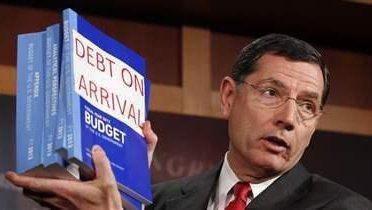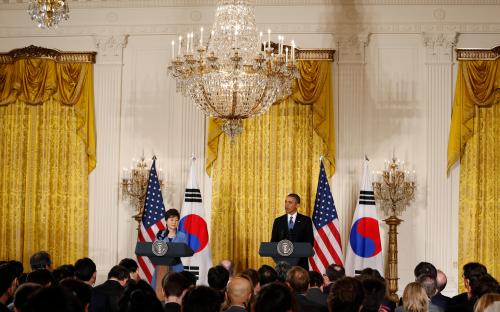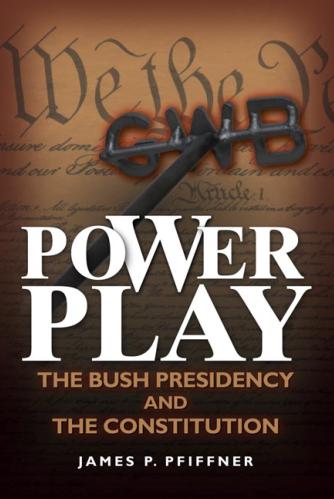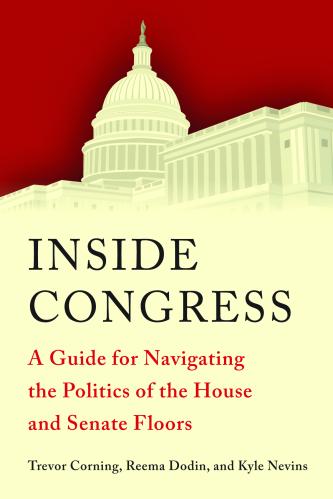Travel is an important, necessary part of the job of Congress. Every senator and representative votes on U.S. operations and interests all over the globe. Many of them serve on committees whose primary jurisdictions — trade, national security and foreign affairs — are directed offshore.
Nevertheless, members of Congress who are performing these regular duties are relentlessly lampooned, harpooned and trashed by comics and critics of the Fourth Estate. Unfortunately, some traveling congressmen present a target too attractive to resist. Under the heading of “junketeering,” they are described as either a pack of freeloaders or a circus of traveling clowns.
The reality is that there are more good reasons for congressional travel than against. In fact, those members who insist on staying home are the ones who might be viewed with suspicion. They are safe. They will never be caught off base. Neither, however, will they ever get past first base. The world will pass them by.
What are those good reasons for travel? They begin with our position of leadership in the world, and they are expanding as the world shrinks. Because Congress appropriates funds for U.S. activities around the world, it has to know what it is financing.
The world is a dangerous place, and enemies pose threats that must be contained and eliminated. Allies must be evaluated and enlisted to oppose those threats. Alliances must be negotiated, managed and financed.
Our marketplace is global. We export and import goods and services from and to nearly 200 different countries under bilateral, regional and multinational agreements, which must be negotiated and enforced in world forums. Our producers need raw materials and markets. Our consumers need goods.
We share the world with billions of others, who can help us or hurt us. We will do better if we understand them, their aspirations, and how their governments work. Sometimes we want to help them. Sometimes we need their help.
Our corporations have long understood, but our Congress is just beginning to learn, that all the good ideas do not come exclusively from home. Other countries have solved problems, such as fiscal and budget issues, that are vexing us sorely today. We are the leader of the world, but we still have much to learn. Inter-parliamentary meetings are sometimes a waste of time but often a font of ideas.
The critics say that the executive branch can handle all our external affairs. They are partly right — it handles many of them. Members of our executive branch perform splendidly around the world. But Congress holds both the power, and the responsibility, of the purse. It should not, in our system, allow the executive branch to operate without a check on its powers.
If the U.S. is to maintain its position of leadership in the world, its representatives as well as its envoys are going to have to know what the world is like. The Congress, as a co-equal branch of government, has joined with its counterparts in the executive branch, sitting in on and monitoring treaties, military alliances, trade negotiations and international operations of all kinds. It needs to know about these things, for itself.
Fortress America is a concept of the past. Whether we like it or not, today’s world is teeming with events and ideas that are increasingly affecting Americans. Our legislative branch must be aware of and learning from these, and helping to shape these events to the advantage of the U.S. and the world.
In the shrinking world, Congress will have even more incentive to be a player, not a bystander. That probably means more travel. More travel probably means more nasty articles about junkets. As they continue to exercise their responsibilities, members of Congress will have to be more careful about demonstrating the seriousness and the value of their travel. It would be wonderful, and surprising, if their critics would be a little more careful in their assessment of that work, too.









Commentary
Op-edLawmakers, the World Beckons
November 1, 2011